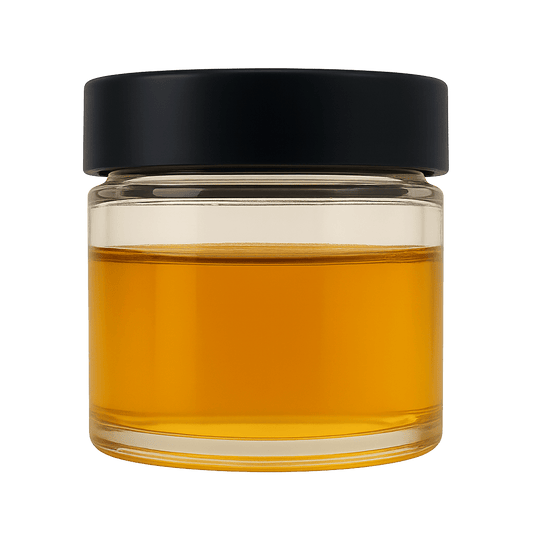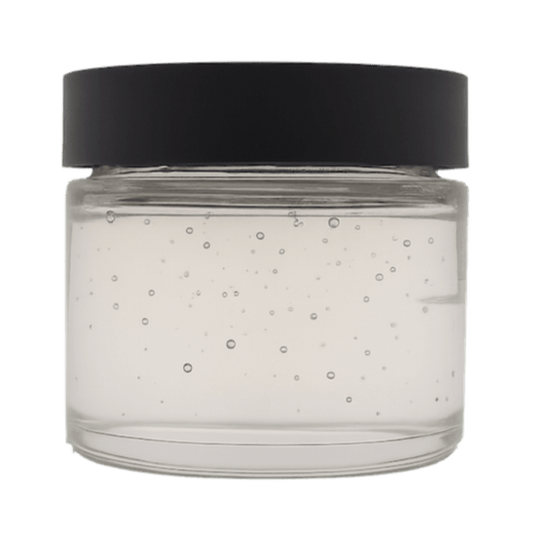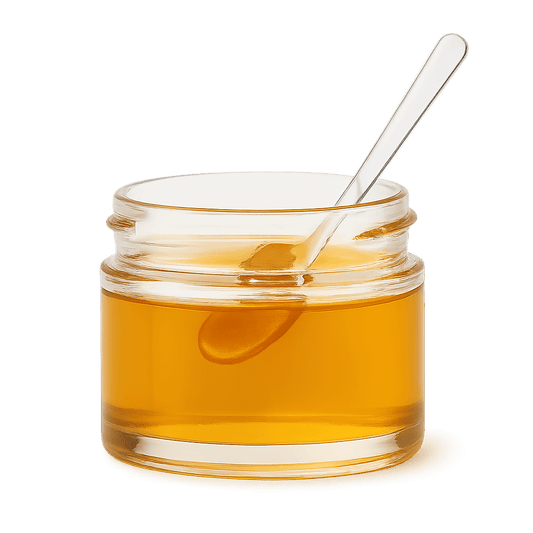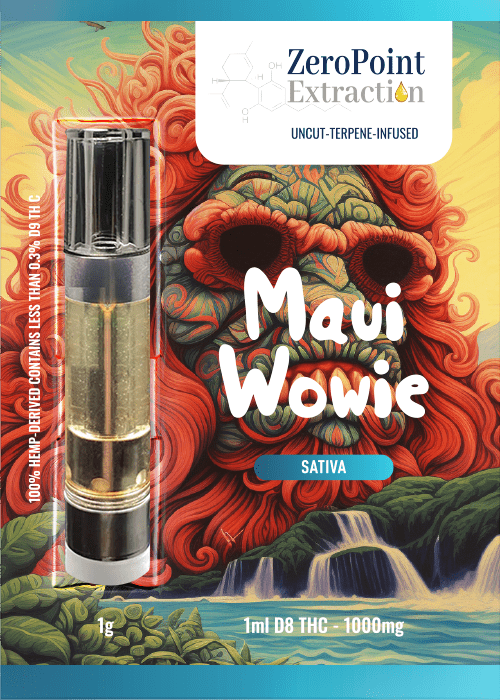Is Delta 8 THC Federally Legal?
YES - Delta 8 THC is Federally Legal
Delta 8 THC occupies a complex legal status in the United States that hinges on the source of the compound and the interpretation of federal and state laws. To understand its legal status, it's essential to delve into the technical details and nuances of the laws governing cannabis and its derivatives.
Delta 8 THC (Delta-8-tetrahydrocannabinol) is a cannabinoid found in the cannabis plant, but it's typically present in very low concentrations. Most commercially available Delta 8 THC is synthesized from CBD (cannabidiol), which is derived from hemp. The 2018 Farm Bill legalized hemp and hemp-derived compounds, extracts, and derivatives with a Delta 9 THC concentration of not more than 0.3% on a dry weight basis. Since the bill doesn't explicitly mention Delta-8, companies have marketed Delta 8 products under the assumption they fall within this legal framework, provided they are derived from hemp that meets the specified THC concentration.
However, the legality of Delta 8 THC is not straightforward due to several reasons:
- Interpretation of the 2018 Farm Bill: While the Farm Bill legalized hemp-derived cannabinoids, it does not explicitly address Delta 8. This omission has led to a debate over whether or not Delta-8 THC synthesized from CBD falls under the definition of a legal hemp derivative.
- Drug Enforcement Administration (DEA) Stance: The DEA's interim final rule on hemp, released after the 2018 Farm Bill, suggests that synthetically derived tetrahydrocannabinols remain controlled substances. Since most Delta 8 is synthesized from CBD, this interpretation would classify it as illegal under federal law. However, the rule's wording has been subject to legal challenges and differing interpretations.
- State Laws: The legal status of Delta-8 THC varies significantly from state to state. Some states have explicitly legalized Delta 8, others have banned it, and some have not addressed it directly, leading to a patchwork of regulations that further complicate its legal status.
Delta 9 THC as a Potentially Legal Alternative
How Hemp-Derived Δ9-THC Fits Into the 2018 Farm Bill Framework
Under the same 2018 Farm Bill that underpins Delta 8’s legality, hemp-derived Delta 9 THC is federally legal as long as the finished product contains no more than 0.3 % Delta 9 THC by dry weight. This distinction means that gummies, beverages, or tinctures formulated to stay below this threshold can legally ship across state lines, even though they still deliver a classic THC experience.
State-by-State Snapshot
While most states that allow hemp-derived cannabinoids also permit compliant Delta 9 products, a handful impose extra potency caps or age-gate requirements. Conversely, several of the 13 states that restrict or ban Delta 8 currently do allow hemp Delta 9 under the Farm Bill limits (e.g., Texas, Indiana, South Carolina, North Carolina, Kansas, and Georgia). Always confirm local regulations before purchase.
Why Delta 9 Can Be a Work-Around Where Delta 8 Is Banned
-
Different Legislative Target: Many states drafted Delta 8 bans specifically at “synthetically converted” cannabinoids. Hemp Delta 9, by contrast, is naturally occurring and fits cleanly under the Farm Bill definition when capped at 0.3 %.
-
Easier Compliance Testing: Labs already quantify total Delta 9 in hemp to meet federal rules, streamlining quality-control paperwork for brands and regulators alike.
-
Consumer Familiarity: Delta 9 offers effects consumers already understand, making it an attractive swap where Delta 8 access has tightened.
If your state restricts Delta 8 THC, federally compliant hemp-derived Delta 9 THC may offer a legal, farm-bill-approved alternative—provided you verify both product COAs and your local regulations.
Given the evolving nature of cannabis laws and the potential for future legislative and regulatory changes, it's crucial to consult current legal resources or legal professionals for the most up-to-date information on the legality of Delta 8 THC. Read our full legal disclaimer.

AGRICULTURE IMPROVEMENT ACT OF 2018 - SUBTITLE G—HEMP PRODUCTION.
SEC. 297A. DEFINITIONS.
(1) HEMP.—The term ‘hemp’ means the plant Cannabis sativa L. and any part of that plant, including the seeds thereof and all derivatives, extracts, cannabinoids, isomers, acids, salts, and salts of isomers, whether growing or not, with a delta9 tetrahydrocannabinol concentration of not more than 0.3 percent on a dry weight basis.
SEC. 12619. CONFORMING CHANGES TO CONTROLLED SUBSTANCES ACT.
(a) IN GENERAL.—Section 102(16) of the Controlled Substances Act (21 U.S.C. 802(16)) is amended—
(1) by striking ‘‘(16) The’’ and inserting ‘‘(16)(A) Subject to subparagraph (B), the’’; and
(2) by striking ‘‘Such term does not include the’’ and inserting the following:
‘‘(B) The term ‘marihuana’ does not include—
‘‘(i) hemp, as defined in section 297A of the Agricultural Marketing Act of 1946; or
‘‘(ii) the’’. (b) TETRAHYDROCANNABINOL.—Schedule I, as set forth in section 202(c) of the Controlled Substances Act (21 U.S.C. 812(c)), is amended in subsection
(c)(17) by inserting after ‘‘Tetrahydrocannabinols’’ the following: ‘‘, except for tetrahydrocannabinols in hemp (as defined under section 297A of the Agricultural Marketing Act of 1946)’’.
Where is Delta 8 Legal?
Is Delta 8 THC legal in your state? Click your state below for more information.
The information provided on this website does not, and is not intended to, constitute legal advice or any statements regarding the status of any laws. The information, content, and materials present on this site are for general informational purposes only and should not be relied upon for any specific purpose. Laws vary across different states and are subject to change. Therefore, information on this website might not reflect the most recent legal or other developments. Read our full legal disclaimer HERE.






